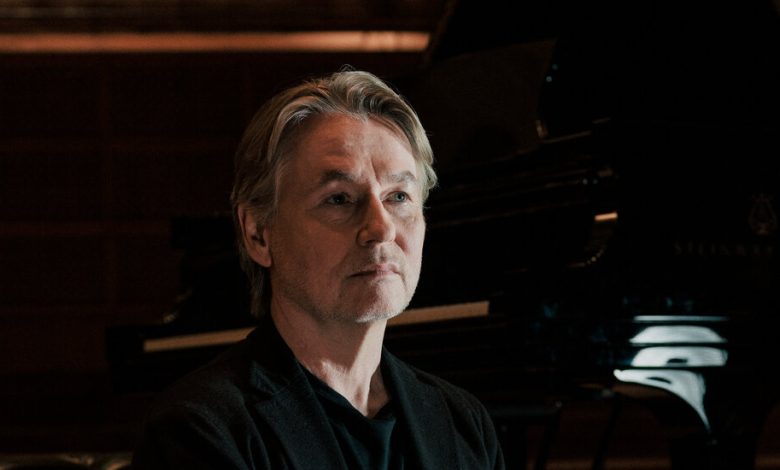San Francisco Symphony’s Maestro to Step Down, Citing Split With Board

Esa-Pekka Salonen, the music director of the San Francisco Symphony since 2020, announced on Thursday that he would step down when his contract expires next year, citing differences with the orchestra’s board.
Salonen, 65, a groundbreaking conductor who has promoted new music and experimented with virtual reality and artificial intelligence, said he no longer saw a path forward.
“I have decided not to continue as music director of the San Francisco Symphony because I do not share the same goals for the future of the institution as the Board of Governors does,” he said in a statement. “I am sincerely looking forward to the many exciting programs we have planned for my final season as music director, and am proud to continue working with the world-class musicians of the San Francisco Symphony.”
Disputes between maestros and management rarely break into public view, and this split is notable because of Salonen’s stature: A revered conductor and composer, he has been a leading force in efforts to redefine the modern symphony orchestra. In San Francisco, he appointed a team of what he called “collaborative partners” from a variety of genres, and he oversaw a steady stream of premieres.
The rift between Salonen and the board appeared to be over efforts to cut costs, which include reducing the number of concerts and commissions, as well as putting tours on hold. The orchestra is also seeking to make unspecified shifts in programming to drive revenues. That approach raised broader questions about whether Salonen could achieve his expansive vision for the orchestra. (Salonen declined to comment for this article.)
Matthew Spivey, the San Francisco Symphony’s chief executive, said in an interview that the orchestra had different challenges and priorities than when Salonen was named the orchestra’s music director in 2018. The pandemic exacerbated longstanding budget woes, he said, and there were “significant financial pressures on the organization that have become impossible to ignore.” He said the orchestra would need to “evolve in various ways to respond to those pressures.”